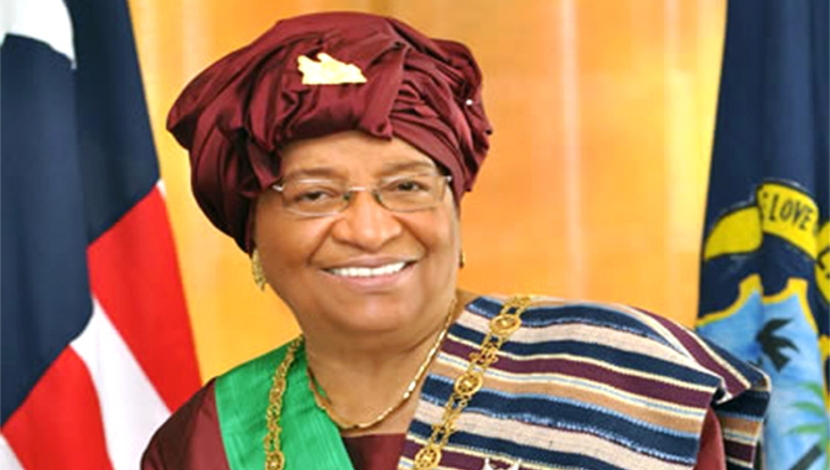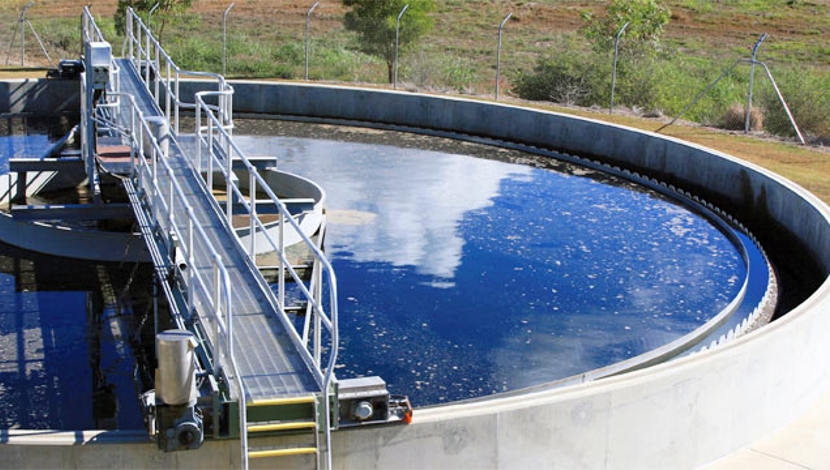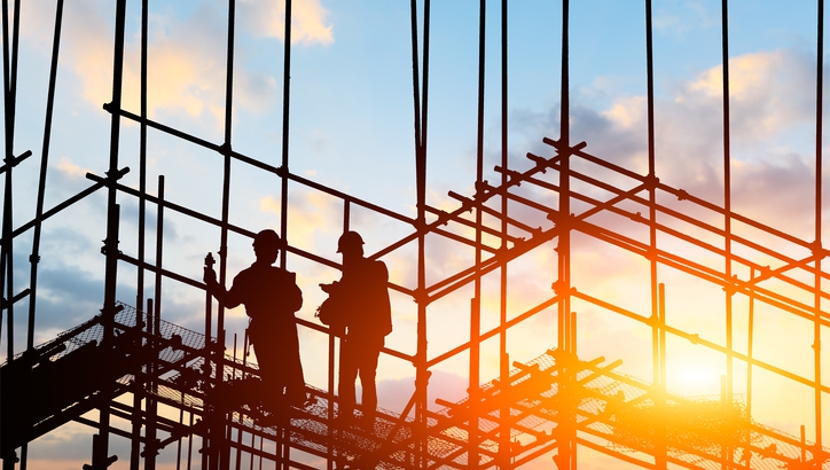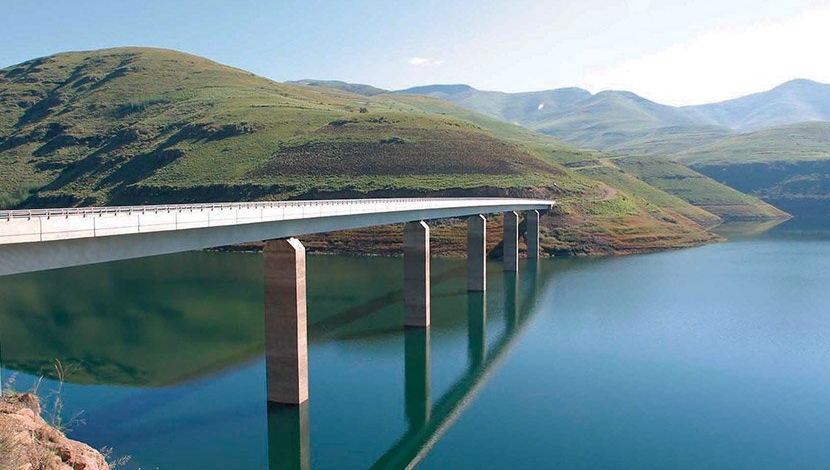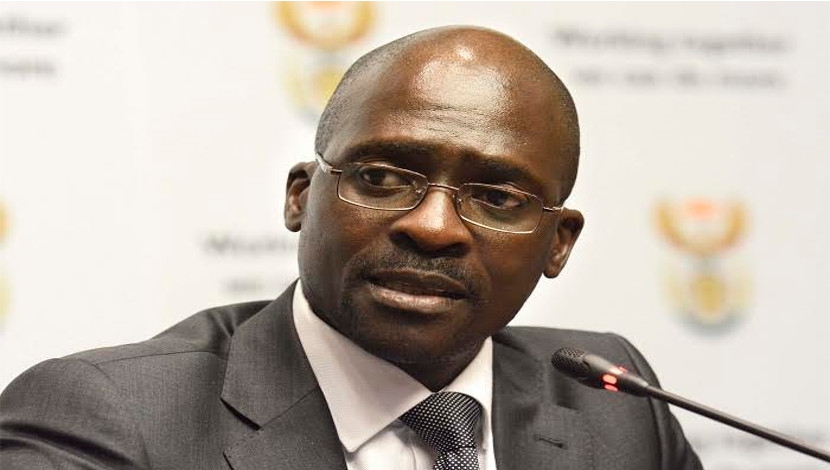

South Africa’s attractiveness to foreign investors in the future will depend a great deal on how it recovers from its latest economic knocks, political and policy developments, warns the Southern African-German Chamber of Commerce and Industry (SAGCCI).
SAGCCI CEO Matthias Boddenberg explains that South Africa has many positive economic growth attributes – including vast natural resource reserves and the potential for a diverse talent pool – which should engender faith in the country’s ability to one day “achieve sustainable economic growth”.
However, he notes that this goal of economic sustainability has been hampered by a dip in foreign direct investment (FDI), which has been impacted on by current global uncertainty as well as South Africa’s recent credit rating downgrades.
Nonetheless, Boddenberg says many German organisations and business leaders still recognise South Africa as the “gateway into Africa”.
He comments that the country is still attractive because of its “broad industrial base, highly developed financial sector, independent judiciary and, in spite of recent upheaval, its political environment is still to be considered relatively stable, compared with other African countries”.
“Even now, there are well over 600 German companies operating in South Africa, employing over 90 000 employees directly as well as employing around the same number indirectly in the supply chain.”
Boddenberg notes that several of these businesses are involved in mining and infrastructure projects and that many of the companies in the automotive and other technology sectors have “deep roots here and are unlikely to pull out any time soon”.
Despite South Africa’s potential and its resilient institutions, there are challenges that need to be addressed in order to achieve sustainable economic growth and retain FDI.
Boddenberg cites issues addressed in a European Union Chamber of Commerce and Industry in Southern Africa (EU Chamber) report as “very real considerations for any foreign company seeking to do business in South Africa”.
The report relays findings from the EU Chamber’s 2016 Business Climate Survey, which includes responses of over 200 EU and EU-associated companies in South Africa. It cites common concerns among EU investors, including policy uncertainty, rand volatility and, “the paradigm shift” on the broad-based black economic-empowerment (BBBEE) scorecard.
Boddenberg says German companies are also faced with challenges like rising energy prices, declining commodity prices, the high crime rate and frequent strikes. “Such challenges certainly impact the return on investments made in South Africa facilities – impacts viewed with increasing concern by head offices in Germany.”
Further, there is an urgent need for vastly improved education and training and government should be encouraged to reverse the increasing weaknesses in schooling and tertiary education.
In terms of Germany’s socioeconomic impact on South Africa, Boddenberg emphasises that more than half of Germany’s FDI into Africa has been invested here. “Despite the recent downgrade, the country still draws the lions’ share of Germany’s FDI into Africa,” he states.

